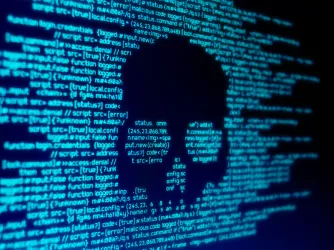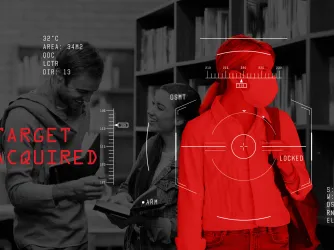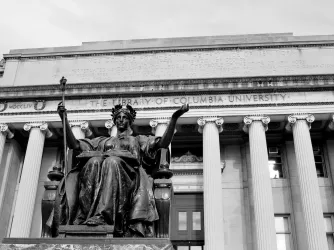Table of Contents
Speech Code of the Month: University of Kentucky

FIRE announces our Speech Code of the Month for May 2018: the University of Kentucky.
The University of Kentucky’s Bias Incident Response Team threatens to seriously chill freedom of speech for the university’s more than 30,000 students and faculty. Bias response teams like Kentucky’s are burgeoning on campuses around the country. As FIRE exclusively reported in 2017, hundreds of universities nationwide now maintain these Orwellian systems, which ask students to report — often anonymously — their neighbors, friends, and professors for any instances of biased speech and expression. Currently, of the 467 colleges and universities rated in FIRE’s Spotlight database, 153 of them — roughly one third of schools — have bias reporting policies, along with many other institutions nationwide. One such policy, at the University of Michigan, is currently the subject of a First Amendment challenge in federal court.
The University of Kentucky’s policy highlights the threats to free speech and freedom of conscience posed by these comprehensive campus systems.
First, the term “bias incident” is defined so broadly as to include large amounts of constitutionally protected speech. The University of Kentucky defines a bias incident as “[a]ny activity that intimidates, demeans, mocks, degrades, marginalizes, or threatens individuals or groups” based on a wide range of personal characteristics. Broadening the definition yet further, a bias incident can be “intentional or unintentional.”
With this definition, the university is encouraging students to report on one another, and on their professors, for saying virtually anything that offends anyone else. This burgeoning “if you hear something, say something” anti-bias campaign has serious implications for freedom of speech and conscience on campus.
Adding to this concern is the fact that the University of Kentucky’s bias response team, like many others nationwide, includes not only staff from offices like the counseling center and diversity office, but also university police and campus conduct administrators.
While Kentucky’s Bias Incident Response Team states that it is not involved in “disciplinary decisions” stemming from bias incident reports, the team includes representatives from both campus police and the dean of students’ office. Short of official punishment, it is difficult to imagine a greater deterrent to free and open debate than knowing the administration is actively asking the campus community to anonymously report offensive speech to literal speech police.
It is understandable that universities want to stay attuned to the campus climate in order to create an environment that is as welcoming as possible to people of all backgrounds — but there are surely ways to do this short of creating a mini-surveillance state on campus.
For this reason, the University of Kentucky’s bias response policy is our May 2018 Speech Code of the Month. If you believe that your college’s or university’s policy should be a Speech Code of the Month, please email speechcodes@thefire.org with a link to the policy and a brief description of why you think attention should be drawn to this code. If you are a current college student or faculty member interested in free speech, consider joining the FIRE Student Network, a coalition of college students and faculty members dedicated to advancing individual liberties on their campuses.
Take Action: Ask the University of Kentucky to revise this speech code
Recent Articles
Get the latest free speech news and analysis from FIRE.

FIRE statement on FCC approval of Skydance-Paramount acquisition

The mercenary spyware industry is a menace to global free expression

Smile for the surveillance state
